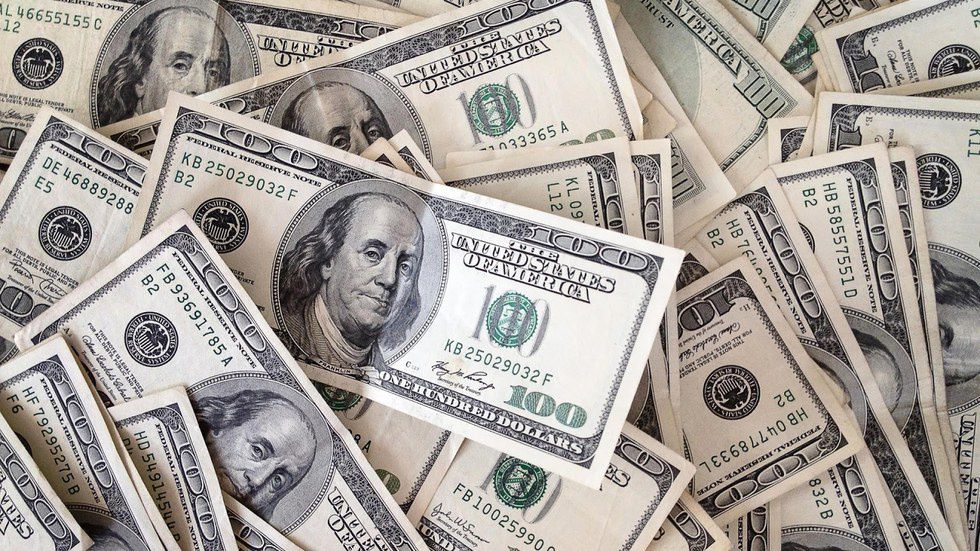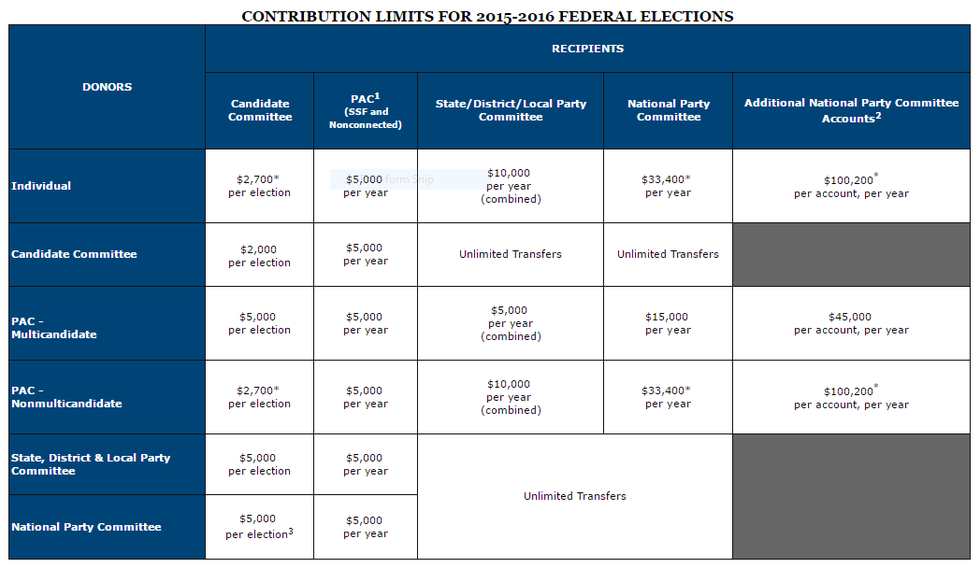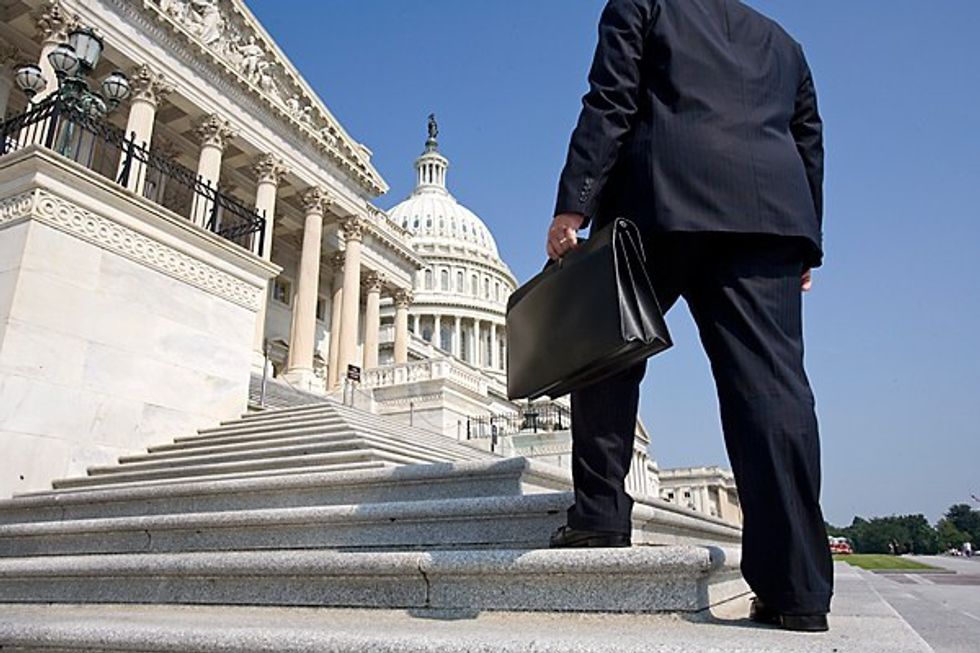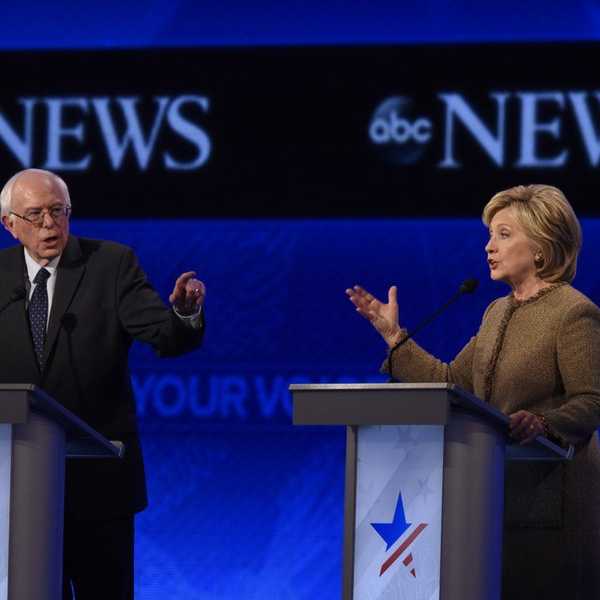Even many politicians and public figures don't quite understand the phrase "money in politics," but everyone seems to be throwing it around again with the likely nomination of Hillary over Bernie in July. People are starting to talk about Bernie Sanders running as a third party to reform our system, and it would be a shame to argue your side incorrectly. Don't be that guy.
Donations
So where does all the "money" come from anyway? Donations are given to political candidates during their campaign by businesses, interests groups and individuals who wish to show their support. Most of these come from a small pool of people who can afford to spare some change; less than 10 percent of Americans have ever given a contribution. You can find out who donated what to which candidate using the Federal Election Commission website.
Both big businesses and individuals can donate, though only individuals can send money directly. The cap on that is $2,700 per election. If a person wants to give through a Political Action Committee, a state committee or a national committee, the cap is $5,000, $10,000, and $33,400 per year respectively. Any number of additional national party committee accounts can get $100,200 each from any person. That's a lot of money.
Businesses can contribute as much if not more than any one person in a national election, although technically they are barred from donating. The loophole is that they can add to a PAC's account in unlimited amounts because no one has set any specific restrictions. Businesses can actually sponsor and create these organizations using the money of invested employees to serve their interests. Different types of PACs can contribute different amounts of money, and some even have no limit to how much they can spend on a candidate:
While some groups blatantly have no set limits, others can avoid a true limit by creating more than one PAC for the same general purpose. Today there are about 4,000 PACs operating in federal elections.
Lobbying
Campaign donations are a sort of precursor to lobbying. Lobbying happens when a candidate is already in office by a hired professional vouching for someone else's interests. Usually an interest group will pay a lobbyist a lucrative amount of money to present information to someone in Congress in hopes that a piece of legislation will get passed. This paired with donations from the interested party and sometimes well-paid job offers for the legislator can be a very heavy influence.
There are 535 members of Congress and almost 10,000 registered lobbyists, not including the researchers, marketers and pollsters that help them behind the scenes. This means there are a ton of people bombarding those in Congress all the time.
The Revolving Door
The revolving door is what people call the constant interchanging between politicians and businessmen. Basically, those who are high up in a company often become our representatives, consultants and bureaucratic workers at the White House. Former politicians get job offers to work in higher-paid corporate jobs as well. Sometimes, it's also applied to people serving in the military.
It wouldn't hurt to have a person or two on the inside with a little business knowledge because our economy is important. However, 5,400 former congressional staffers have left Capitol Hill to become lobbyists in the past 10 years. This same 2011 study found over 400 former lobbyists who now work for lawmakers. The power interests groups have over the decisions our government makes is tremendous.
What's wrong with this?
Communicating with our representatives and telling them what we want is definitely a good thing. Donors and lobbyists are educated people who want to be heard. The problem is the fact that they're the only voices Congress is hearing.
Since money is equated to speech, those with more money have more voice. Not only does it seem this way because of the opportunities they have to be on television and speak in public, but it factually is this way. A study done by Princeton University shows that if 100 percent of Americans do not want a bill passed, there is a 30 percent chance that it will be approved. If 100 percent of us do want it to go through, there is still only a 30 percent chance of approval. So essentially Congress ignores us completely.
But wait--that's not all. If the top 10 percent of income earners want a bill passed, there is a much more reflective chance of it becoming law. If they do not want it, they have the power to block it altogether. This is what the power of large donations, lobbying and having positions inside the government gets you. Those at Represent.us explain the impact of these conditions very well:
The corruption in our government through legal bribery is what people mean when they refer to "money in politics," and it's arguably the biggest issue we face as a nation. It affects all other sectors including the environment, human rights, the economy, how much your prescription costs and what you can do in the privacy of your own home. We as U.S. citizens are not getting equal representation.
How do we stop this? What can we do to first draw attention and gain support for the problem and then what course of action can we take to actually make a difference? We need to be educated about what we're up against and pick our battles wisely. The fight doesn't end with Bernie Sanders. It ends with us.
























